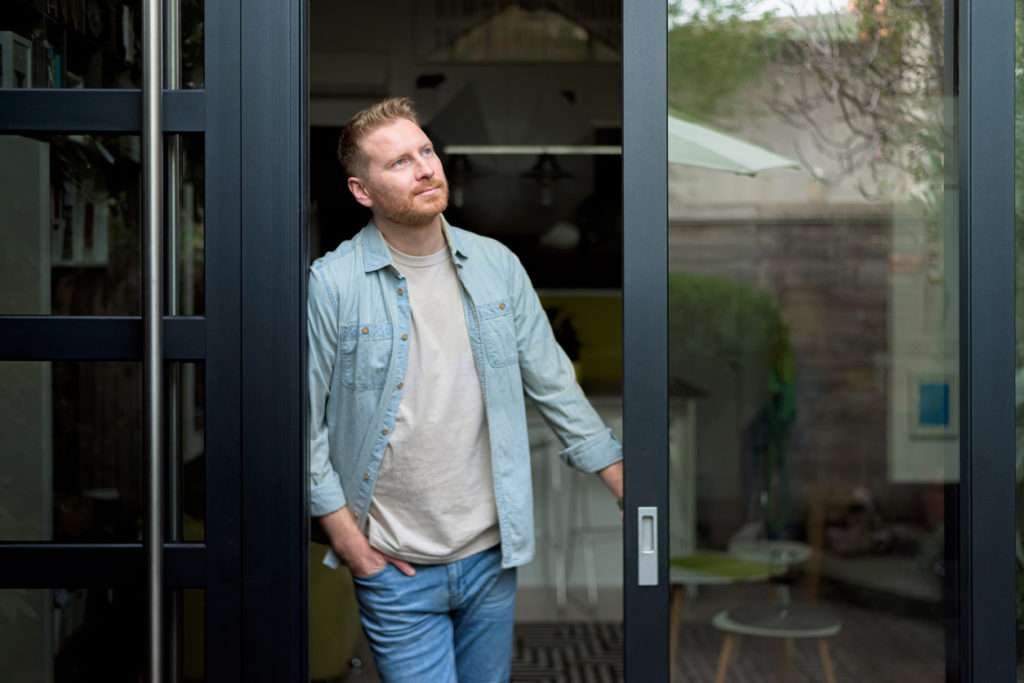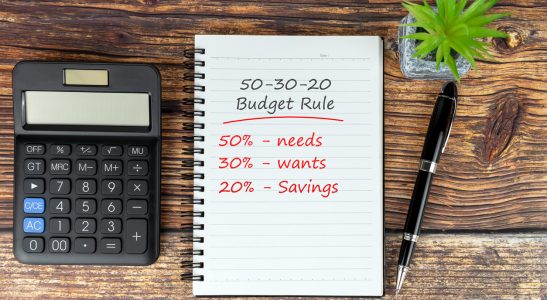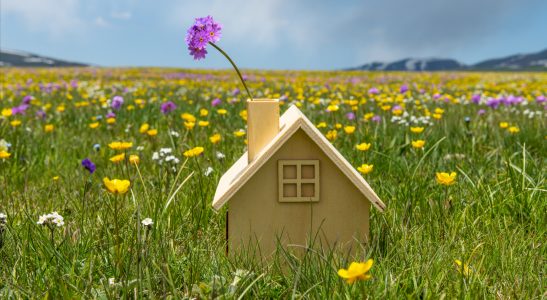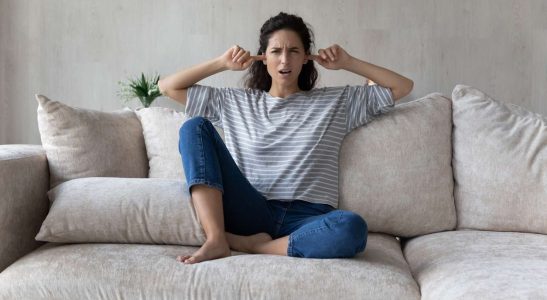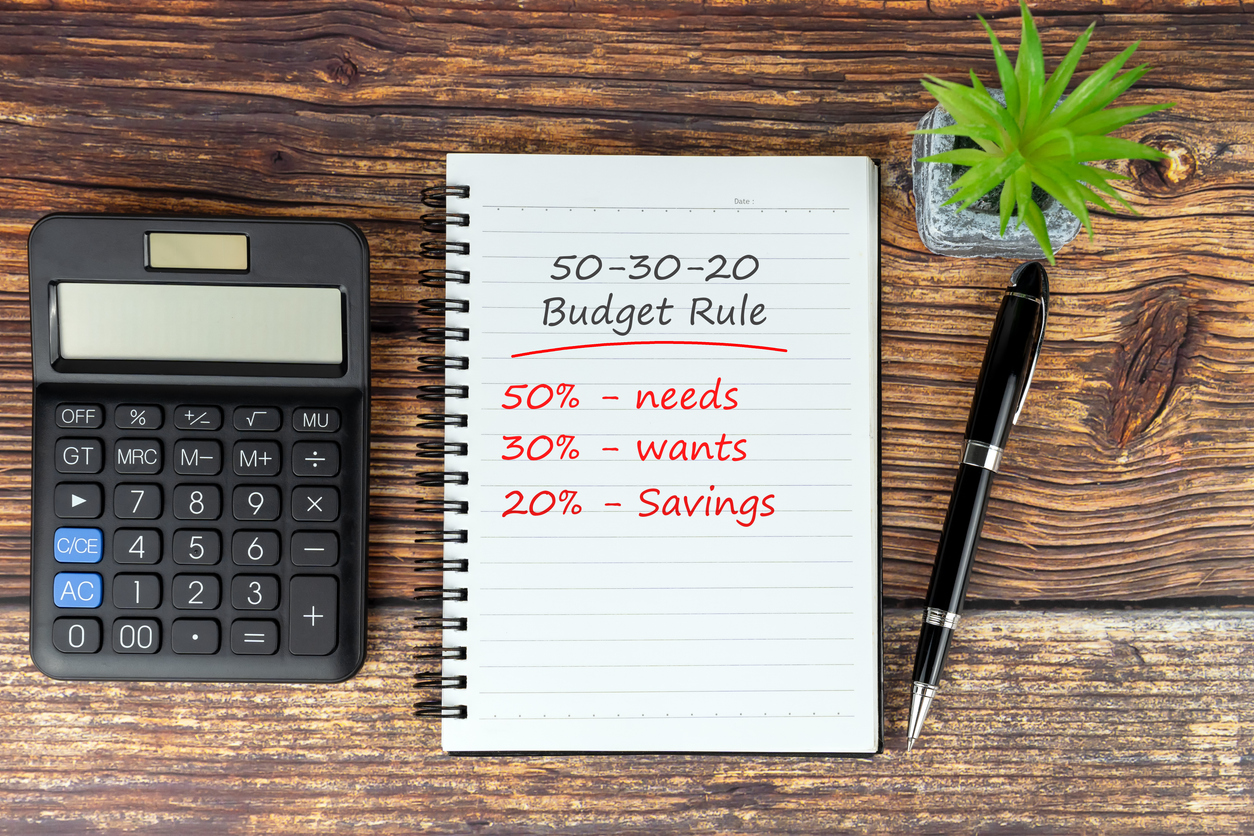The rate of one-person households continues to rise year on year in the UK as increasing numbers of people enjoy the independence and flexibility of solo life. However, those who live alone face more challenging financial situations than those who live with a partner or roommate, which can make the leap into solo living a little more daunting. Here’s what you need to know about the financial aspects of living alone and how to thrive when renting solo.

